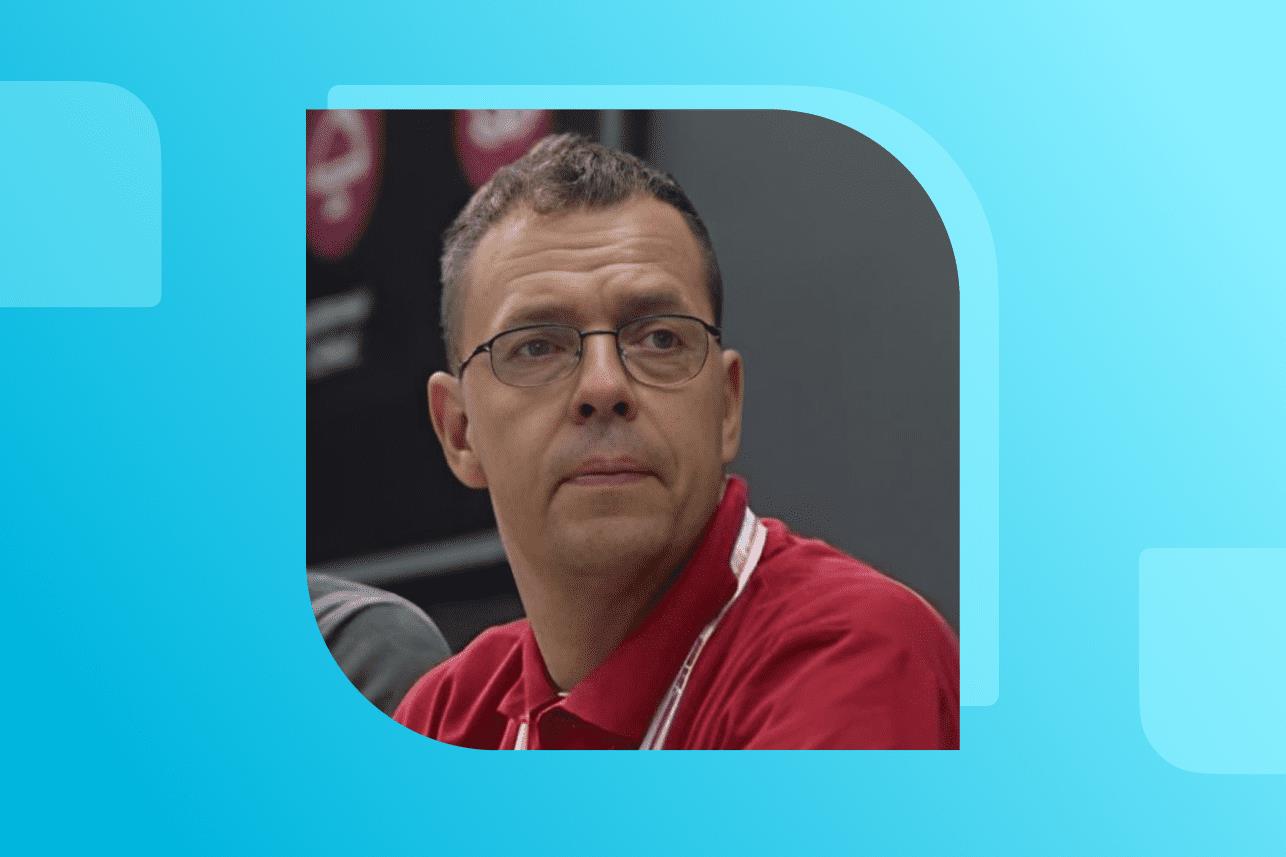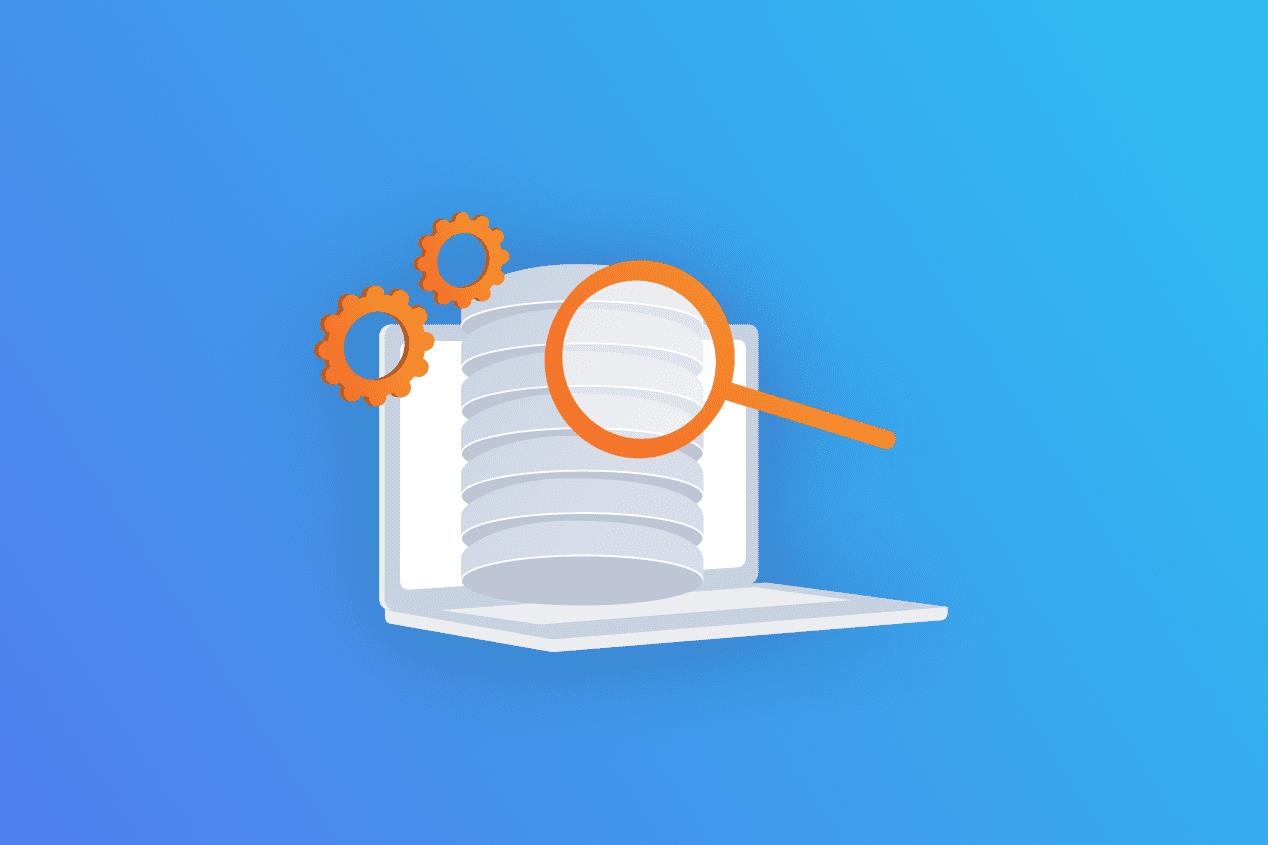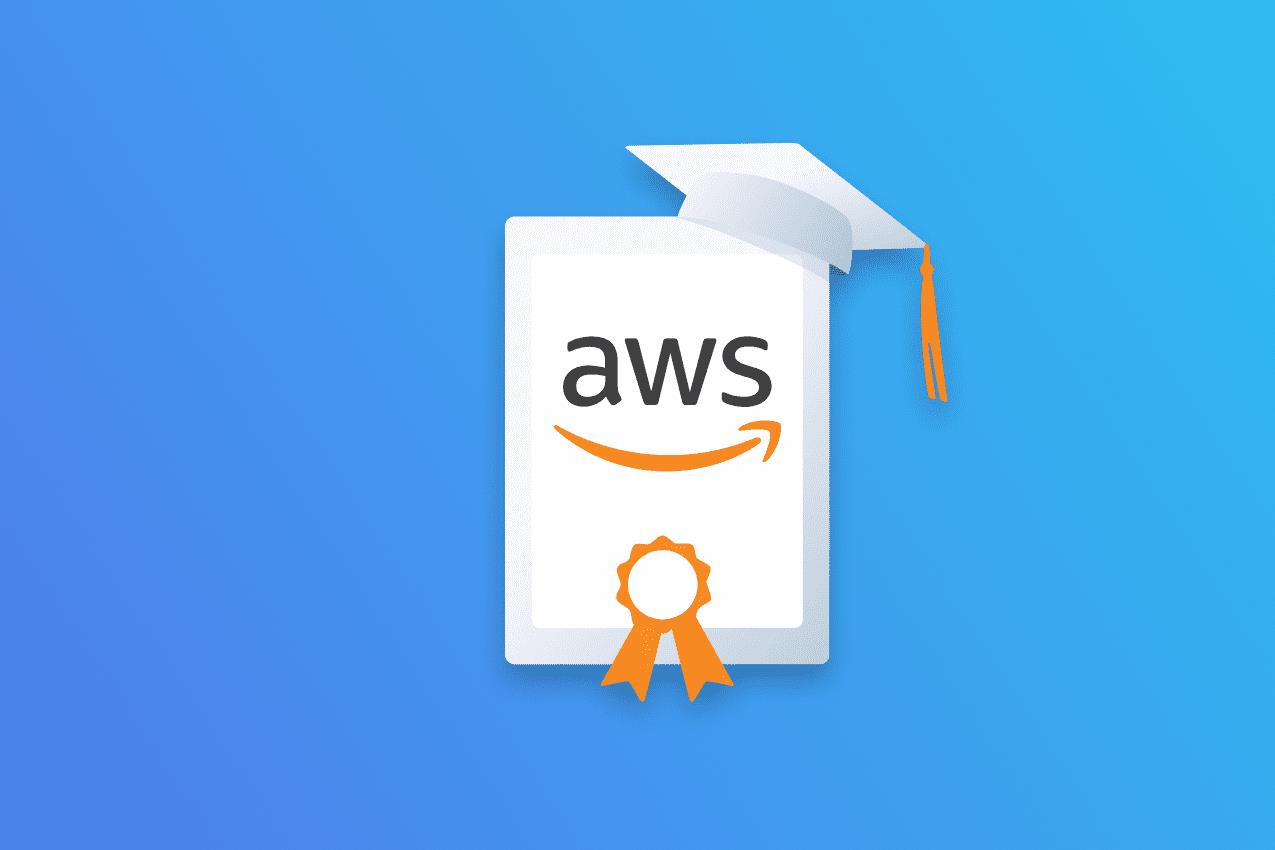Discover the inspiring story of Vaidotas Sruogis, who transformed his career by enrolling in the Data Analytics Engineering program and successfully joining EPAM Lithuania as a full-time Data Quality Engineer.
What professional background did you have before transitioning to tech?
I have an extensive background in building mathematical simulation models. In my past consulting projects, I applied system dynamics modeling methodology to numerous business domains, including optimizing manufacturing processes in the aerospace industry. I also built strategy models for fast-moving consumer goods and developed dynamic scenario models to stress-test the financial business plans of large investment projects.
Furthermore, my professional journey took a unique turn when I was at the helm of a national sports federation, where I negotiated sponsorships, applied for grants, launched coach and umpire development programs, and organized acclaimed sports events. After my stint in sports, I was eager to return to the business world, particularly in IT.
What motivated you to enroll in the Data Analytics Engineering program?
With a desire to reenter the IT world, I recognized the necessity to update my skills and gain new knowledge relevant to this ever-evolving field. I’ve always appreciated the importance of data from my past modeling and consulting projects, making the intersection of data analytics and data engineering an appealing avenue.
Which training aspect did you find most fulfilling?
I thoroughly enjoyed the Data Analytics Engineering program as it harmoniously combined my love for learning about technology and embracing challenges. The well-structured curriculum, including interesting assignments, mentor-guided meetings, and an engaging student community, catered to my learning needs and motivated me.
The most valuable aspects of the training were revamping my coding skills, especially in Python and SQL, and learning practical software engineering practices. These skills are now integral to my day-to-day work and useful for pursuing other technology-related interests. Designing and implementing a full-scale data warehouse was particularly interesting and practical.
Did you face any challenges?
The most challenging part of the training program was juggling between the program and my ongoing business commitments, including travel. Managing these responsibilities was tough, but I navigated through them efficiently and am happy about that.
How did you embark on the role of a Data Quality Engineer?
The transition from being a trainee to a full-time Data Quality Engineer at the company was seamless. I was fortunate to participate in a live project from day one under the guidance of an experienced mentor. The pace was more relaxed compared to the intense training program, aiding in a smooth transition.
Since joining the company, I have been pleasantly surprised by the diversity, breadth of experiences, and geographical distribution of the team. These factors not only promote personal growth but also foster innovation in solutions. The company's investment in employee growth exceeded my expectations. The presence of various well-versed communities and interest groups provided a great platform to interact with colleagues and expand my knowledge.
What are your key accomplishments in the IT sphere?
One of the highlight experiences was participating in company-wide hackathons, a venture I took on after joining the informal Gen-AI community. These hackathons stimulated my learning, pushing me to read, study, and convert knowledge into practical experiences. While we didn't win the first hackathon, our solution received honorable mention and sparked interest among businesses.
Earlier this year, I joined another company-wide Gen-AI hackathon with a different team, and this time, our GenAI Information Synthesis Terminal solution won the first place. This journey made me realize the vast potential of large language models (LLMs). The versatility of these models is truly remarkable, and the avenues for exploration are endless. Exposure to LLMs through the informal club and hackathons not only expanded my understanding but also opened new perspectives towards solutions that were once considered science fiction.
What are your current goals for advancing your skills and knowledge in the data field?
To grow professionally and stay updated with the latest trends and technologies in data quality and data management, I primarily learn from my experienced colleagues on the job and supplement this with mentor-led training programs, community-driven webinars, and knowledge-sharing sessions.
Currently, I’m engaged in a mentor-led learning program called "PySpark for Data Quality Engineers." My future plans include diving deeper into Big Data and possible Cloud certification programs. I also aim to expand my knowledge in the field of Generative AI through various available materials, webinars, and hackathons.
What advice could you give to the future trainees?
My advice is to join the program without hesitation if you're intrigued by the endless possibilities of data. Make the best use of the study materials early in the program and practice the newly acquired skills as much as possible. Always strive for more than just completing assignments – challenge yourself. Collaboration and active communication with your peers will significantly enhance your learning experience. Remember, continuous learning and challenging oneself are the cornerstones of growth in a technology-related career.
Inspired by Vaidotas' journey? Check out our training programs in data to start your own successful career.







_01115712.png)
_01104686.png)